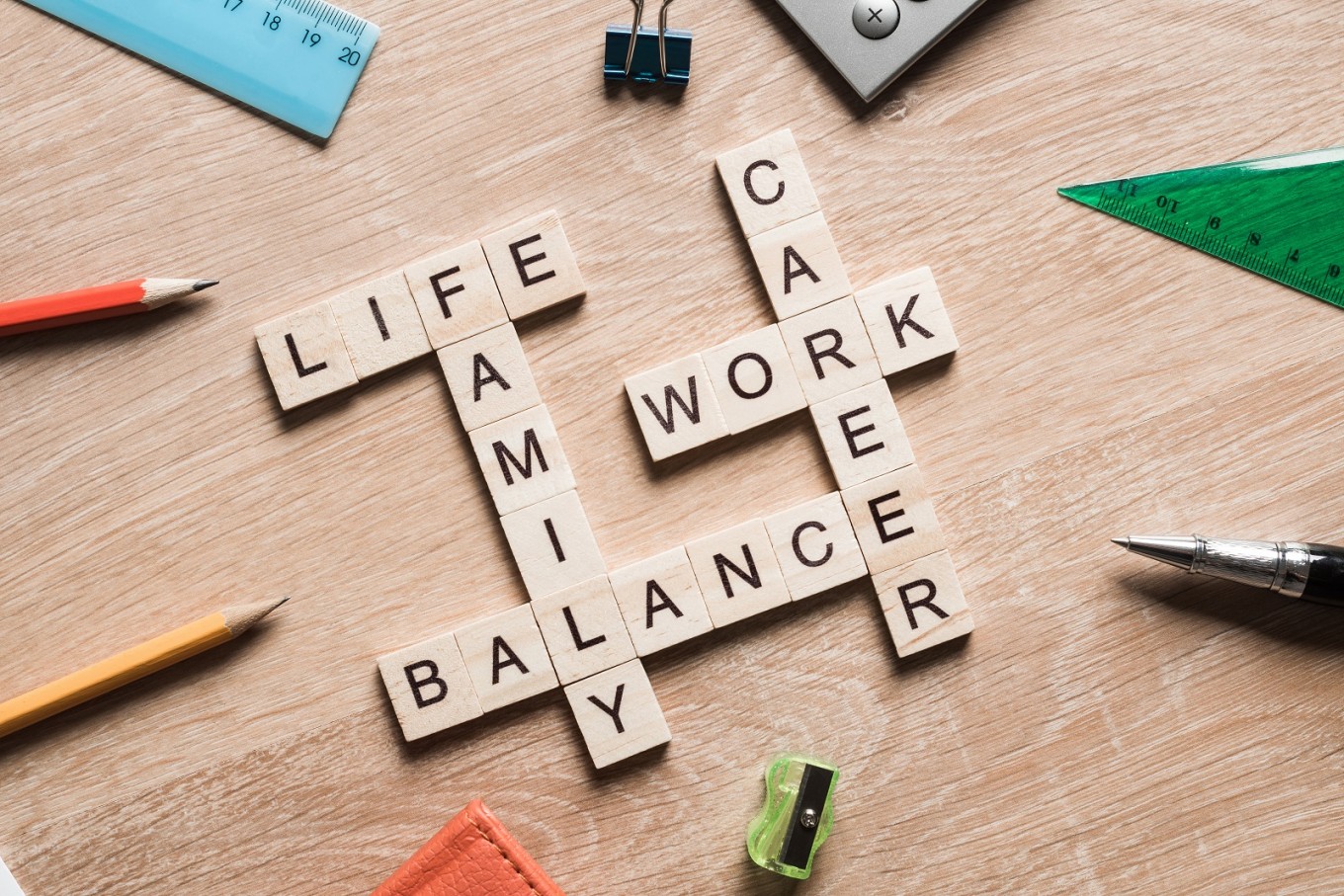Popular Reads
Top Results
Can't find what you're looking for?
View all search resultsPopular Reads
Top Results
Can't find what you're looking for?
View all search resultsFour-day work week experiment in NZ proves successful
Productivity and work-life balance reportedly increased during a recent four-day work week experiment in New Zealand.
Change text size
Gift Premium Articles
to Anyone
A
recent experiment in New Zealand has shown that employees have greater productivity, work-life balance and lower stress levels when working only four days a week, reported CNN.
Researchers conducted the two-month experiment involving 240 employees from Perpetual Guardian, a company that provides will and estate management services. The trial ran from the beginning of March through the end of April.
Jarrod Haar of the Auckland University of Technology, one of the researchers involved in the project, stated that the key to the experiment’s success was the input from staff, who were given the freedom to redesign things.
“The experiment could be a model for other workplaces and become ‘a revolutionary way to work’,” Haar was quoted as saying.
The experiment showed work-life balance increasing from 54 percent to 78 percent, employee stress levels decreasing around 7 percent and team engagement rising around 20 percent.
Read also: How I learned to stop worrying and love the workplace WhatsApp group
Perpetual Guardian CEO Andrew Barnes said the employees became more productive, spending less time on social media and other activities unrelated to work. They also became more motivated, energized and loyal toward the company.
The experiment is particularly significant in New Zealand which, according to the Organization for Economic Co-operation and Development (OECD), has low labor productivity compared to other countries. (anm/mut)











